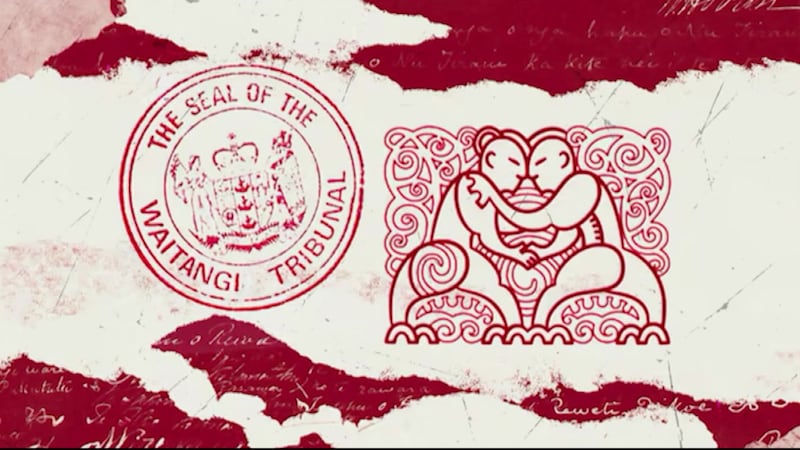Today, the Waitangi Tribunal released its report following an urgent hearing on the Regulatory Standards Bill and found that the Crown has breached Treaty principles.
It warned that advancing the bill without meaningful consultation would further damage Māori–Crown relations.
According to Eru Kapa-Kingi, spokesperson for Toitū te Tiriti, he is happy with the decision and says it gives the movement extra kaha to continue the fight.
“Ināianei, kua riro ki ō tātou nei ringaringa, tētahi taiaha, rākau pakari, kaha i roto i tēnei whawhai.”

The Tribunal agreed with Professor Margaret Mutu’s assessment that the Crown’s actions suggest Te Tiriti o Waitangi is optional, rather than foundational, to Aotearoa’s constitutional framework.
On Wednesday, the Tribunal held a one-day urgent hearing on the bill, which is expected to be introduced to Parliament on Monday.
Support for the claim against the bill has grown significantly, with over 18,000 claimants.
Lawyer Tania Waikato of Toitū te Tiriti represented 13,000 of them at the hearing.
All claimants called for the Crown to abandon the bill.
Kapa-Kingi says the interim report supports the objection to the Regulatory Standards Bill.
“E hari ana i ngā kupu whakatau a te taraipiunara. E hari ana i tā te taraipiunara āta wetewete, erangi, āta wetewete horo hoki, i ngā kupu taunaki, i ngā kupu kōrero.
“Kua hua nei i a ia, i te taraipiunara, tāna ripoata mutunga e tautoko ana i tā mātou i kawe ai.”
However, the Crown argued that it had not breached Te Tiriti o Waitangi during policy development and asserted that passing the bill would not constitute a breach.
In its report, the Tribunal found the Crown had breached the Treaty principles of partnership and active protection by failing to consult with Māori.

It also stated that introducing the bill without meaningful consultation would constitute a further breach.
“The views of Māori with respect to this bill have been effectively dismissed by this Government,” the report stated.
The Tribunal acknowledged the evidence presented by claimants and agreed it demonstrated a breakdown in trust and damage to the relationship between Māori and the Crown—jeopardizing long-standing partnerships with iwi.
Without access to a full draft of the proposed bill or details on how the legislation would be applied, the Tribunal could not definitively assess the potential prejudice arising from the bill.
However, it concluded that any further advancement of the policy without genuine engagement with Māori is likely to worsen the Māori–Crown relationship and exacerbate the stress and uncertainty Māori feel regarding the bill’s potential impacts.




